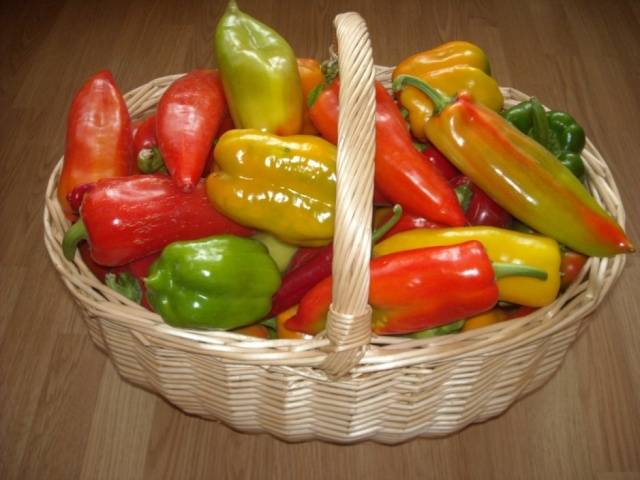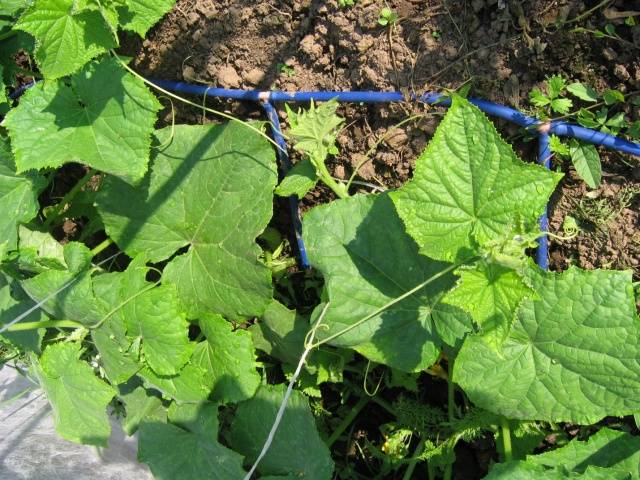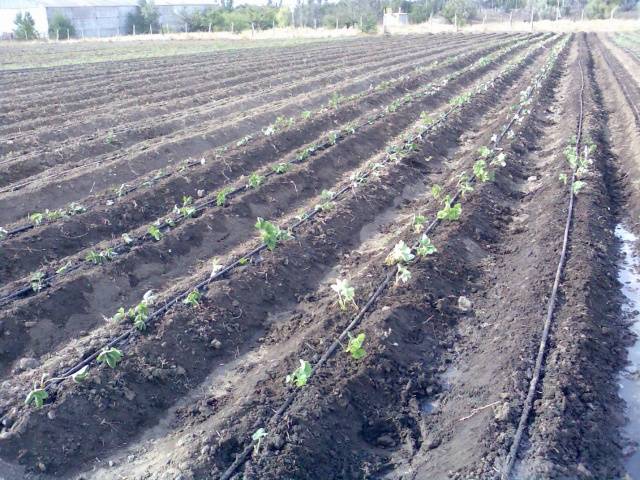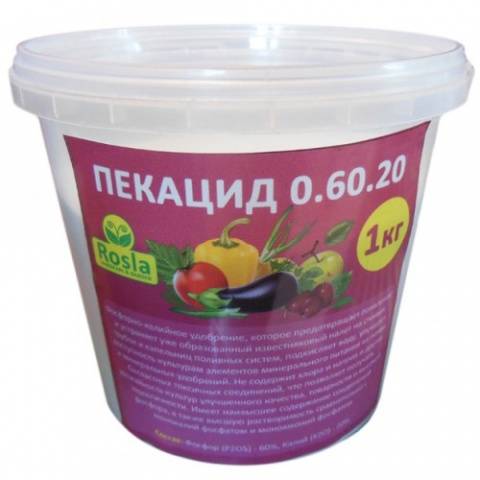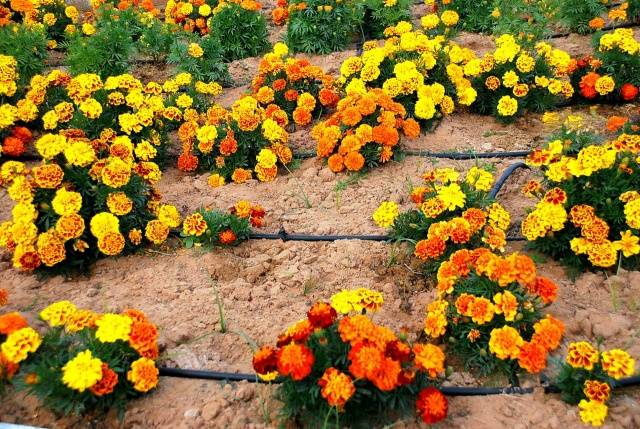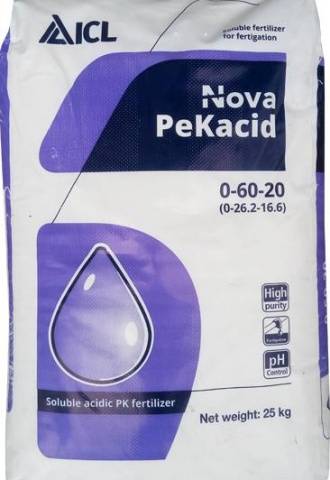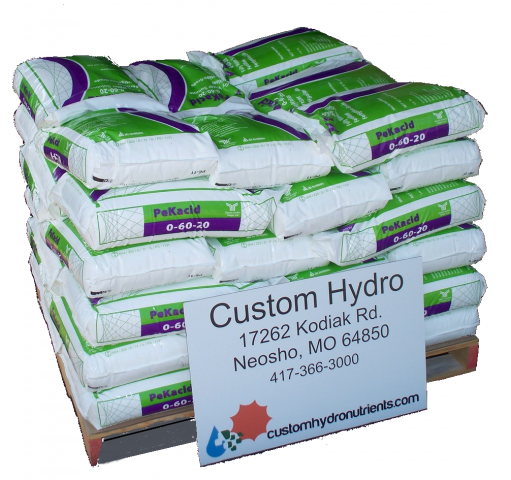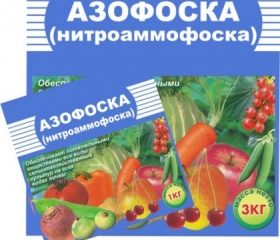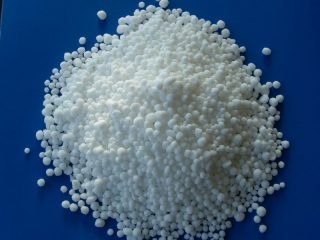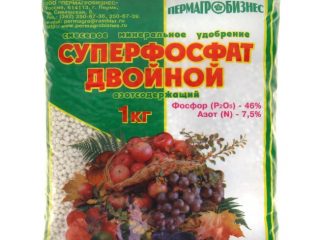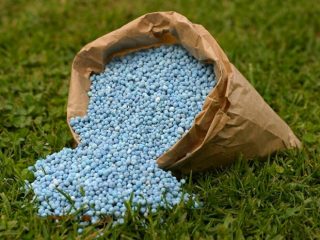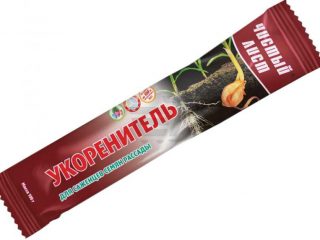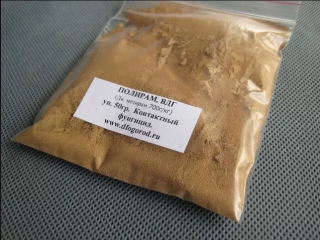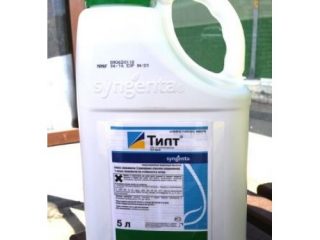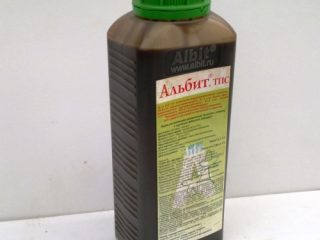Content
When growing vegetables, you need to remember that plants use minerals from the soil. Next year they need to be replenished. Among the many fertilizers, a unique product, Pekacid, based on a compound of phosphorus and potassium, has recently appeared on our market. It is used by adding it to hard water for drip irrigation. The uniqueness of the fertilizer is that it brings unconditional benefits to plants and at the same time makes them easier to care for. The composition of Pekacid helps to cleanse the irrigation system, through which it is supplied to the gardens.
Why do vegetable growers prefer Pekacid
This new phosphorus-potassium fertilizer was developed in Israel, where vegetables can only be grown using drip irrigation. Using phosphorus deposits from the Negev Desert, as well as minerals: potassium, magnesium, bromine and others, mined at the bottom of the Dead Sea, scientists have developed a unique formula for a useful complex. The drug Pekacid was registered for use on the domestic market in 2007.
Solving the problem of water hardness
The most water for the normal development of vegetable crops is required during the flowering period, the formation of ovaries and the formation of fruits. Usually this is the time of mid-summer - July and early August, the hottest days. At this time, particularly in the southern regions, the water in wells and wells becomes hard naturally. Water leaves sediment along its path. Hoses and components become clogged after a month of intensive watering.
- Plants are watered unevenly. The appearance and properties of the fruit deteriorate;
- Hard water alkalizes the soil, so the plant root system does not absorb mineral elements bound by salts. This worsens the properties of vegetables and causes specific diseases (ugly shape, rot);
- Phosphorus, which is used to fertilize plants at this time, is also not absorbed in alkaline soil;
- To cope with this problem, you have to use acids that dissolve alkalis. Working with them is unsafe for humans and the environment.
Pekacid is an exceptional solution. The fertilizer simultaneously nourishes the plants and cleans the irrigation system belts due to its composition.
Characteristics of the drug
In appearance, Pekacid is a powder consisting of small crystals or white granules, odorless. Hazard class: 3.
Fertilizer composition
The formula of Pekacid N0P60K20 states that it contains:
- Content of total nitrogen only;
- High percentage of phosphorus: 60% P2ABOUT5, which interacts with alkalis;
- Potassium, essential for crops, is present: 20% K2A. In this form it is readily available in the soil to plants;
- No sodium or chlorine.
Features of the complex
The fertilizer reacts quickly with water. If the ambient temperature is 20 0C, 670 g of substance dissolves in a liter of water.
In the Pekatsid fertilizer, phosphorus is present in increased quantities - 15% more than in conventional formulations.
The complex was created for applying fertilizer through drip irrigation systems in order to reduce soil alkalization, as well as for foliar fertilizing.
- This method significantly increases the efficiency of fertilizing. It reduces unproductive losses of fertilizers, since plants absorb them more fully;
- Pekacid compensates for the lack of potassium and phosphorus, replaces the use of phosphoric acid;
- Pekacid is used in mixtures where fertilizers are completely dissolved to include calcium, magnesium and trace elements;
- The fertilizer is used for growing crops on a soilless basis, using hydroponics in greenhouses and open ground;
- With the help of Pekacid, any vegetables, leafy greens, root vegetables, flowers, fruits are grown on alkaline and neutral soils;
- The concentrated form of Pekacid dissolves sediments in irrigation routes that originate from calcium carbonates, as well as calcium and iron phosphates;
- The pungent smell of fertilizer repels pests: aphids, mole crickets, onion flies, secretive proboscis and others.
Advantages in agricultural technology
The use of Pekacid fertilizer makes the fertilizing process easy, safe and effective.
- Maintaining optimal soil and water pH levels;
- Increasing the availability of nutrients for plants, including phosphorus;
- Increased mobility of nutritional components in the root system;
- Regulation of the amount of nitrogen, which is significantly lost through evaporation;
- Increased filtration of water in the soil;
- Neutralization and destruction of plaque in the irrigation system, which increases the duration of its use;
- Repelling harmful insects from crops.
Application
Pekacid will have a beneficial effect on plants if the fertilizer is applied for preventive purposes or at the first symptoms of mineral deficiency.
When to feed plants
Both garden and garden crops signal that it is time to take care of them by replenishing the supply of microelements in the soil. You just need to notice external changes in time.
- The lower leaves turn yellow or turn pale;
- The leaves are formed small, unless this is a sign of the variety;
- Vegetation is slow;
- Lack of flowers;
- Trees appear damaged after spring frosts.
Pekacid fertilizer is applied at different periods of development of vegetable, fruit or ornamental crops. Plants are fed before or after flowering, before and after fruit ripening. In the fall, fertilizer is applied to the soil, removing all plant debris from the site.
How to use the product correctly
A week or ten days after the emergence of seedlings, the first watering is carried out, adding fertilizer to the water. Seedlings can be watered immediately after planting on the site.
Pekacid is used strictly following the indicated dosage so as not to damage the plants.
- The powder is dissolved based on the proportion: no more than 3 kilograms per 1000 m3 water, or in small doses - 1 teaspoon per 1 liter of water;
- Pekacid is used by dissolving from 500 to 1000 g per 1000 m3 water for irrigation once or twice a month;
- Another possible application: at 1000 m3 water consumes 2-3 kg of the drug for two or three waterings per season;
- In one season, from 50 to 100 kg of Pekatsid fertilizer are applied per hectare, depending on the phosphorus content in the soil.
What other drugs is Pekacid combined with?
The instructions for use of the Pekacid fertilizer emphasize that the complex substance is mixed with all the necessary fertilizers according to the agricultural technology of growing the crop. It is combined with magnesium, potassium and ammonium sulfates, magnesium, calcium, potassium nitrates, as well as urea and ammonium nitrate. We combine Pekacid not only with the usual mineral substances, but also with a relatively new type of fertilizer - chelate or organometallic forms of microelements. These complexes are most fully and easily absorbed by plants.
Approximate mixing order:
- Water is poured into the tank to two-thirds of its volume;
- Add Pekacid;
- Add calcium nitrate;
- Then, if there are recommendations, potassium nitrate, magnesium nitrate, and ammonium nitrate are added to the mixture alternately;
- Add water.
Fertilizer rates for garden crops
A practical and useful preparation suitable for all plants. Crops' immunity increases if they are fertilized with Pekacid.
Table of application of Pekacid in open ground
The fertilizer is recommended to be used with irrigation water with a pH value greater than 7.2. This is the key to a good harvest and elasticity of irrigation systems.
